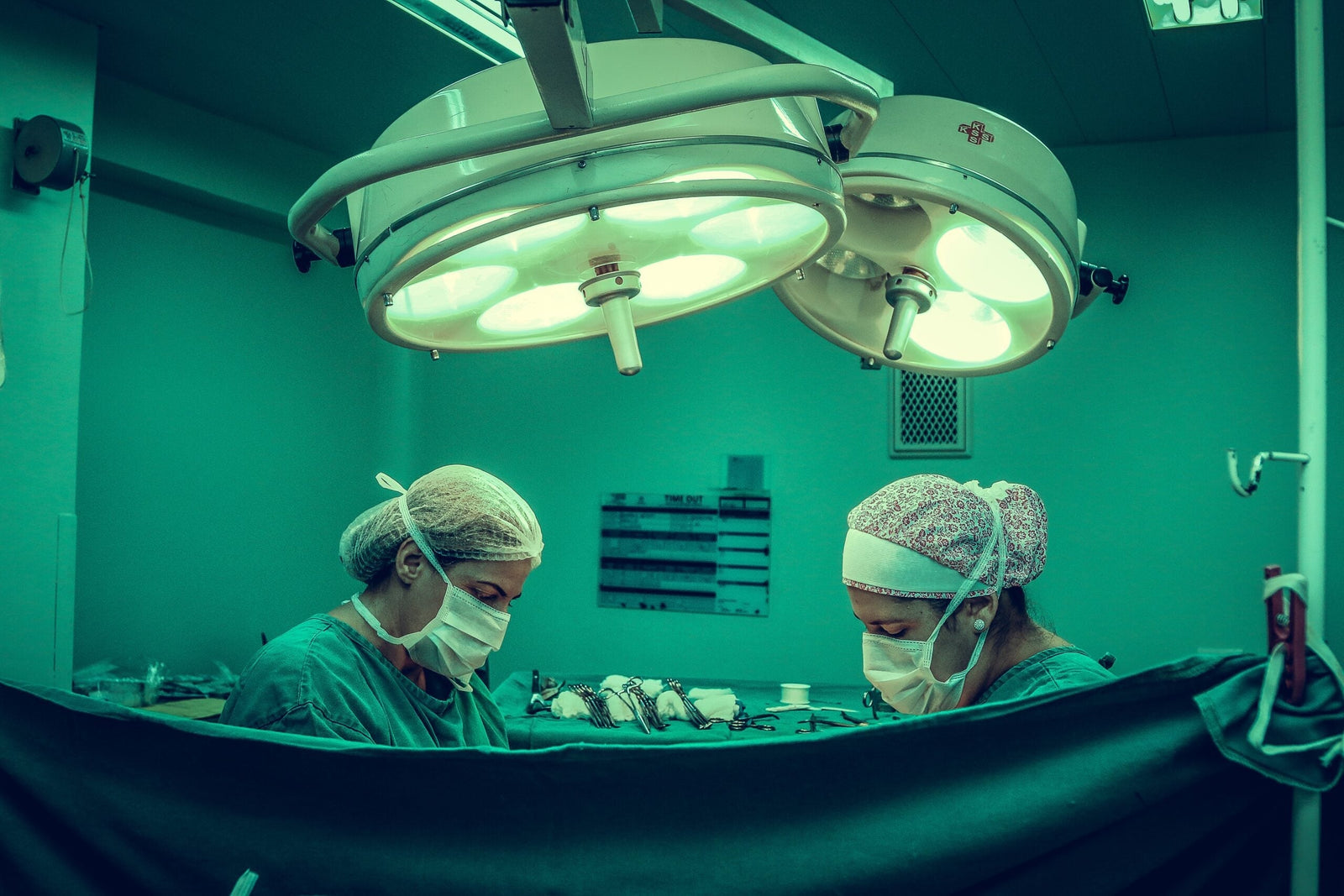AI and IoT Will Revolutionize and Improve Healthcare in 2021 and Beyond

Larry Bellehumeur |
Microsoft recently announced that they'd acquired AI-based company Nuance. Nuance's offerings assist in helping medical professionals reduce clerical time by improving how they enter in data using their voice and allowing for faster indexing of records for keyword searches. However, this is far from the only way that the combination of AI and IoT (let's use the term "AIoT" to simplify) changes healthcare. I think these changes were inevitable, but the pandemic certainly has helped in two key ways. The first was it reduced much of the anxiety that patients had to deal with technology, such as Zoom, to communicate with their doctors. The second was that it forced doctors to adapt themselves, opening up the avenue for many older doctors to embrace new technology. As we advance, here are a few other ways that AIoT will change the way healthcare is delivered: Speaking of "delivery" from a literal point of view If you live in the city, you are likely no more than a 10-minute walk from a local pharmacy. Since many of them also deliver, you can get your medication quite quickly. This is not the case for many rural customers to help patients get timely delivery of their vital medications; drones are being used. Expect this to continue even more. Gone is the issue of "white coat hypertension." You work out, you eat well, and you mostly get a good night's sleep. So, why are you taking medication for high blood pressure? While you may have a high BP, it might have been that you were nervous being on that little bench (covered in white paper) in your doctor's office. Your doctor has no way of knowing that your elevated BP is just temporary and prescribes you some medication. This is referred to as "white coat hypertension." Instead, taking your own BP each morning in the comfort of your home would give your doctor a much better indication as to your health. Taking your meds on time is vital. It is estimated that up to 50% of all medication is either not taken or taken incorrectly. Smart pill bottles can help in two different ways. First, they can remind the patient which medication to take and any requirements (such as taking an empty stomach). Secondly, they can alert your pharmacy that you are low on medicine and arrange for a delivery, possibly via a drone. You may or may not have a broken arm. After talking to an X-ray technician, I was surprised to hear about how there is both science and art to reading x-rays. In some cases, even a child could see a break in a bone, but in other cases, there is some interpretation to be done. For the most part, the trained eye of a technician is the most critical determining factor until now. AI-based solutions are emerging that allow a much more refined look at the x-rays, resulting in improved reading and a reduction in misdiagnosis.